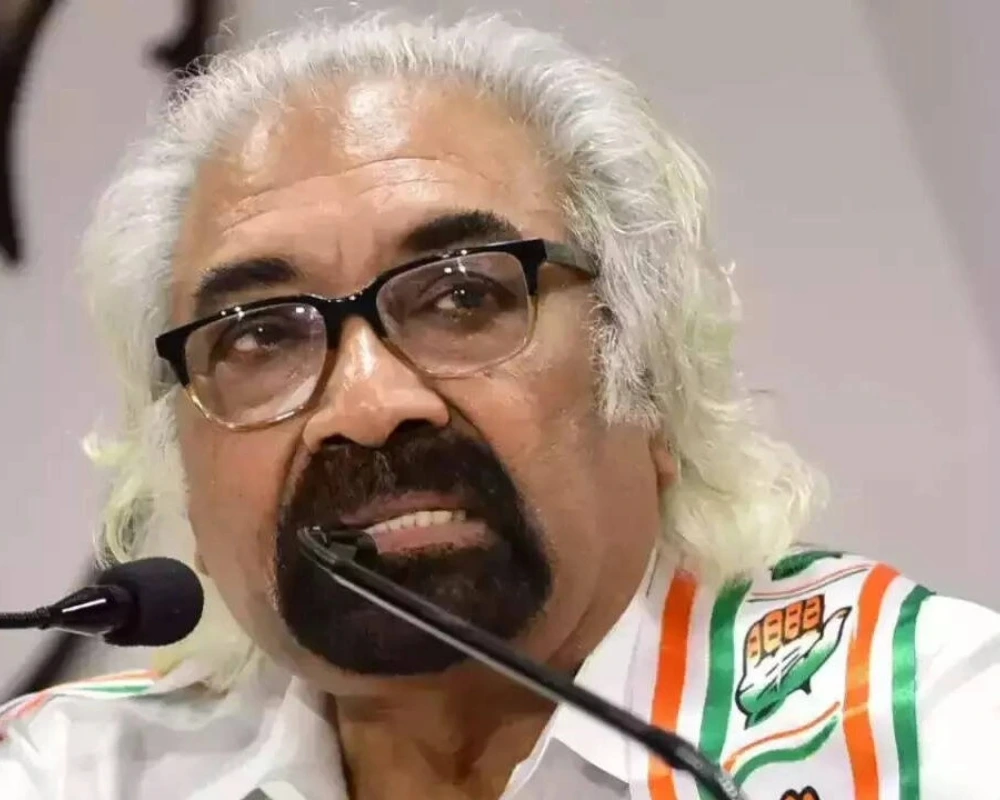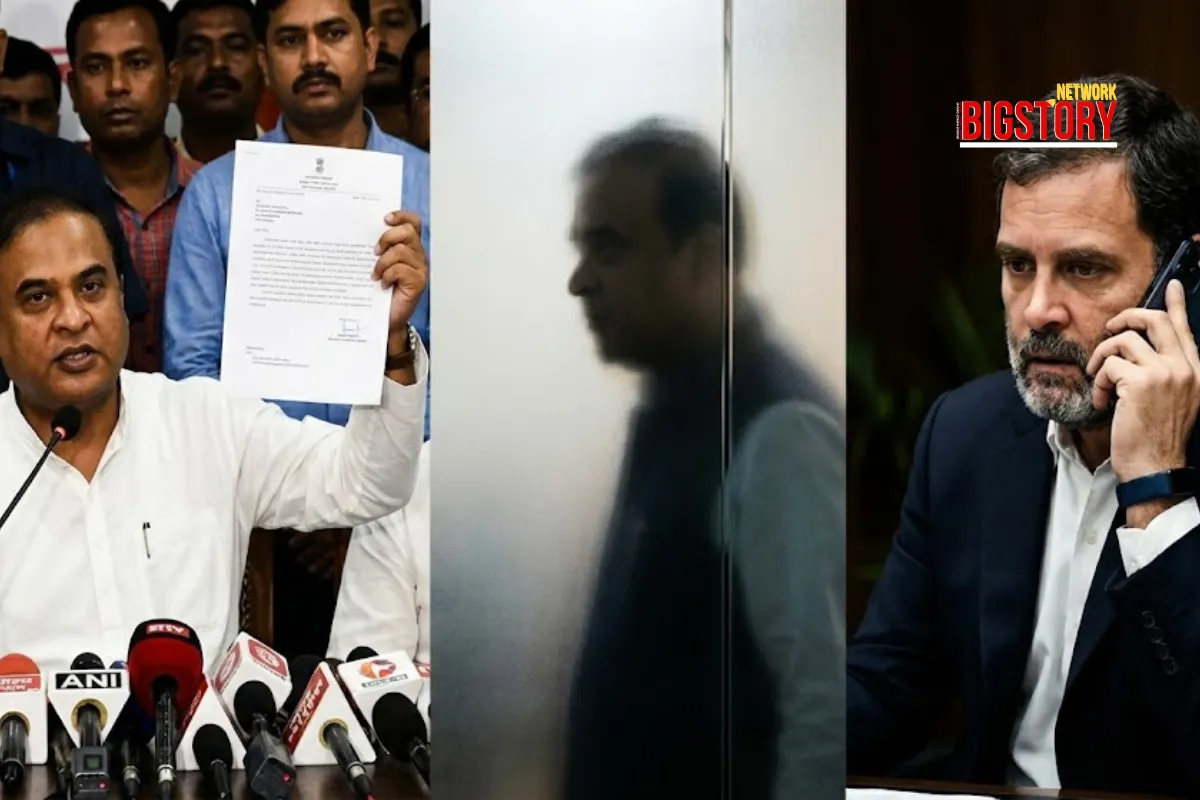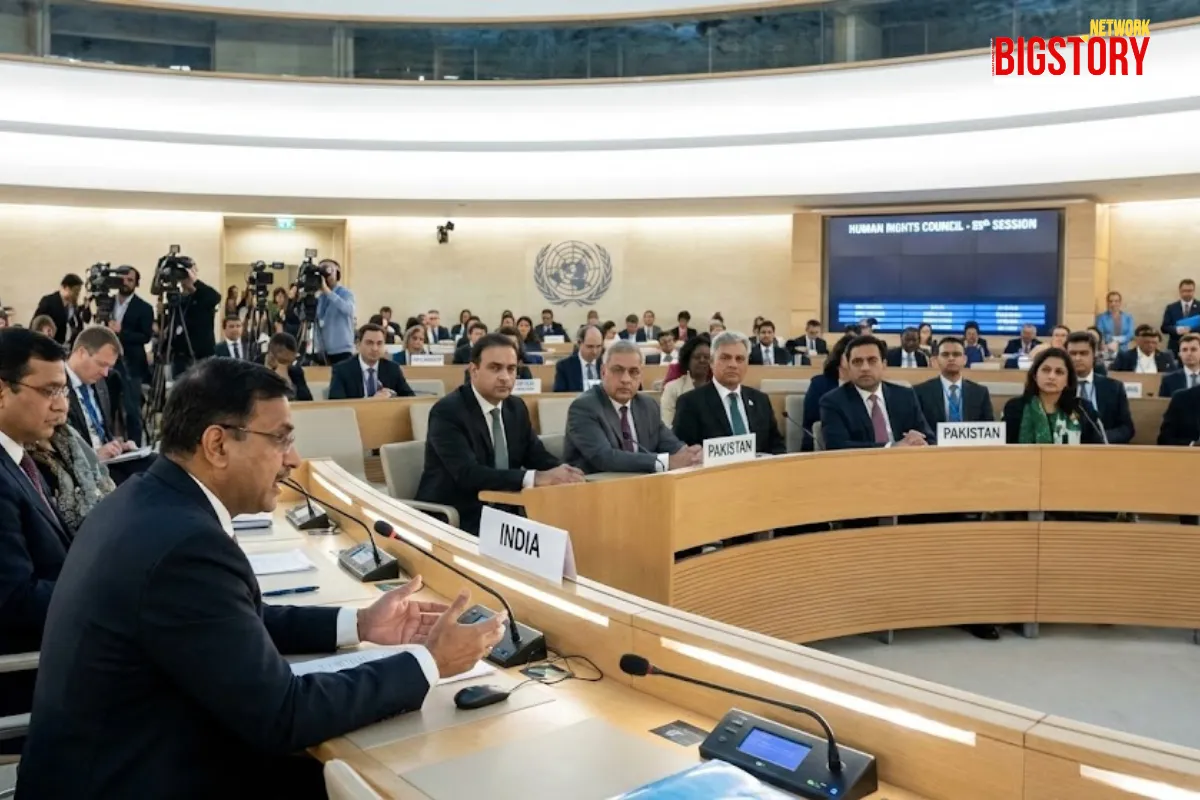Congress leader Sam Pitroda’s “felt at home in Pakistan” remark triggers BJP attack, reviving past controversies on foreign policy and national security.
 Brajesh Mishra
Brajesh Mishra

Indian Overseas Congress chief Sam Pitroda has sparked a fresh political row after stating that he “felt at home” during visits to Pakistan, Bangladesh, and Nepal. His remarks, made during an interaction with news agency IANS, have triggered criticism from the ruling BJP, while raising questions about Congress’s communication strategy and its ability to manage controversial voices within its ranks.
Pitroda, a long-time technocrat and close aide of the Gandhi family, said:
"I've been to Pakistan, and I must tell you, I felt at home. I've been to Bangladesh, I've been to Nepal, and I feel at home. I don't feel like I'm in a foreign country."
Explaining his perspective, he attributed this to a shared cultural and genetic heritage across South Asia:
"They look like me, they talk like me, they like my songs, they eat my food."
Pitroda argued that India should not let "terrorism and violence" overshadow the potential for improved neighborhood ties, suggesting that greater regional cooperation could help resolve long-standing issues.
BJP responded sharply. Party spokesperson Pradeep Bhandari accused the Congress of harboring a soft stance toward Pakistan, posting on social media:
"Rahul Gandhi's blue-eyed boy & Congress Overseas chief Sam Pitroda says he 'felt at home' in Pakistan. No wonder UPA took no tough action even after 26/11. Pakistan's favourite, Congress's chosen!"
BJP leader Shehzad Poonawalla also linked the remark to Pitroda’s controversial record, recalling his “Hua to Hua” comment on the 1984 anti-Sikh riots and earlier racially charged remarks about Indians.
The Congress Party has so far not issued an official response to Pitroda’s latest remarks, though in the past it has often distanced itself from his statements.
Pitroda’s close association with the Gandhi family, dating back to the 1980s when he worked with Rajiv Gandhi on telecom reforms, makes it difficult for the party to completely disown him. At the same time, his unscripted comments often provide the ruling party with political ammunition at crucial times.
In February 2025, after his China comments, Congress communications chief Jairam Ramesh publicly clarified that his opinions did not represent the party’s stance. A similar distancing has not yet occurred in the current controversy, leaving space for BJP criticism.
Sam Pitroda’s latest remark has reignited debate on India’s neighborhood policy while providing BJP fresh ground to target Congress. Whether the controversy fades quickly or continues to dominate political exchanges will likely depend on how swiftly and clearly the Congress leadership responds.
For now, Pitroda’s words serve as another reminder of how unscripted statements by influential voices can ripple through India’s charged political landscape.
Q1: What exactly did Sam Pitroda say about Pakistan?
He said that during his visits to Pakistan, Bangladesh, and Nepal, he “felt at home” because people there shared cultural similarities such as food, music, and language.
Q2: Why are Pitroda’s remarks controversial?
Critics argue that his comments appear to overlook issues like terrorism and security concerns with Pakistan. The BJP has accused Congress of being “soft” on national security.
Q3: Has Congress responded to Pitroda’s statement?
As of now, Congress has not issued an official response. In the past, however, the party has distanced itself from Pitroda’s controversial remarks.
Q4: Who is Sam Pitroda?
Sam Pitroda is a technocrat and long-time adviser to the Gandhi family. He played a key role in India’s telecom revolution under Rajiv Gandhi’s government in the 1980s and is currently chief of the Indian Overseas Congress.
Q5: Has Pitroda been involved in controversies before?
Yes, he has previously sparked debate with remarks on the 1984 anti-Sikh riots, inheritance tax, racial comparisons of Indians, and comments downplaying the China threat.
Q6: What are the political implications of his latest remark?
Analysts believe it strengthens BJP’s attack line on Congress’s national security stance and creates fresh challenges for Congress in shaping its narrative on foreign policy.






Sign up for the Daily newsletter to get your biggest stories, handpicked for you each day.
 Trending Now! in last 24hrs
Trending Now! in last 24hrs



